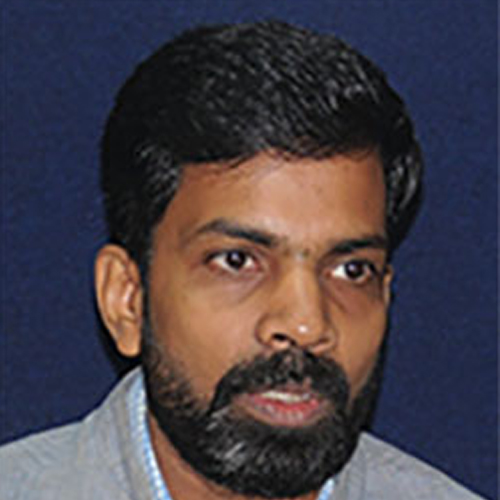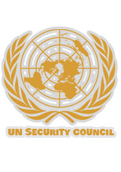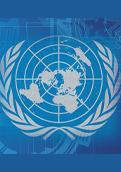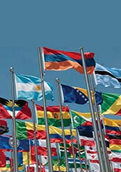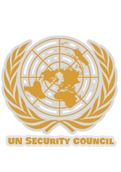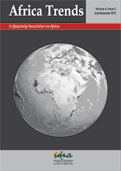Can the Security Council Help Bring Peace to Gaza?
Resolution 2728, adopted by the United Nations Security Council on 25 March 2024 carries political implications beyond its text, particularly due to the US decision to abstain.
- Rajeesh Kumar |
- March 28, 2024 |


